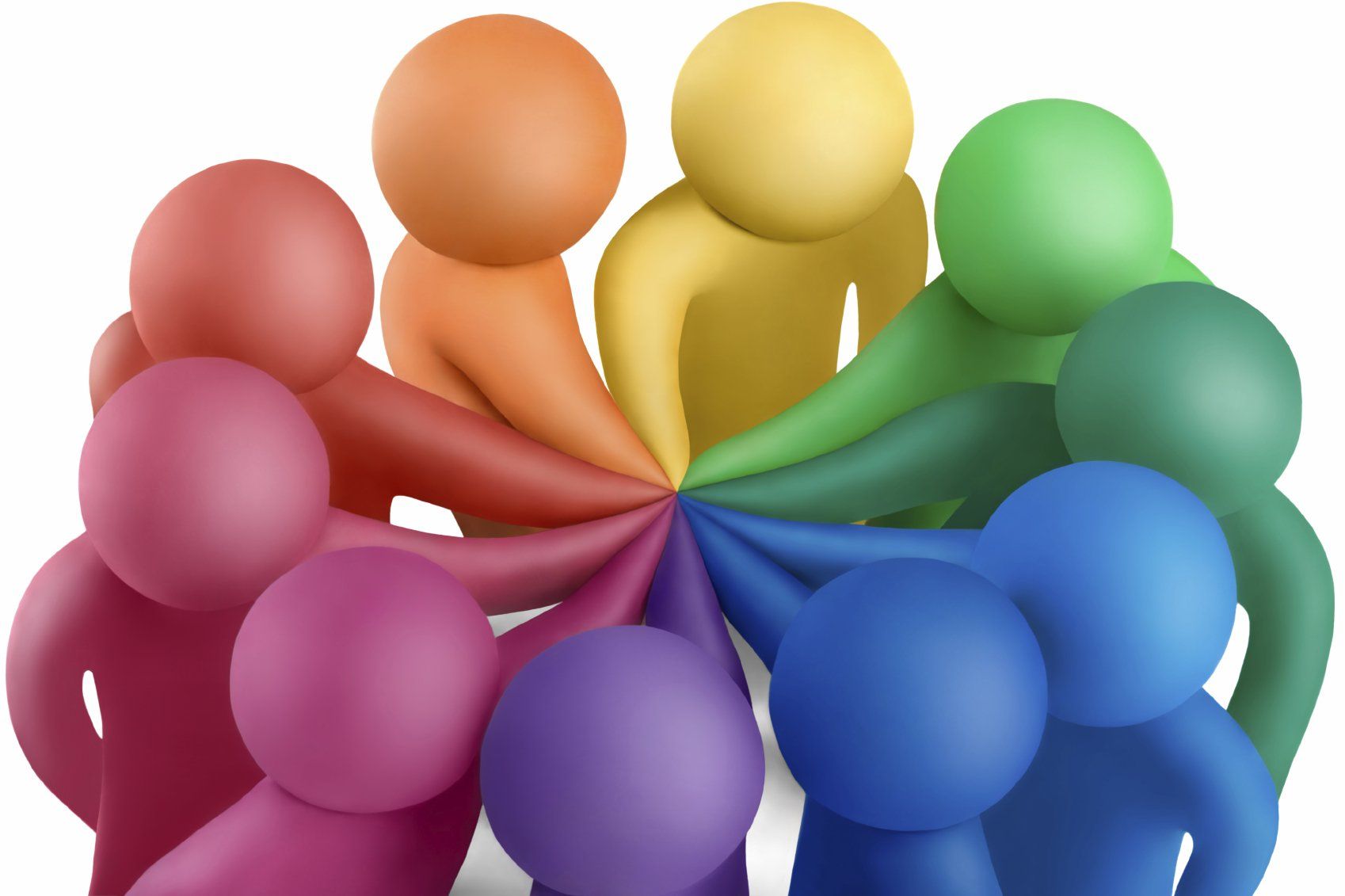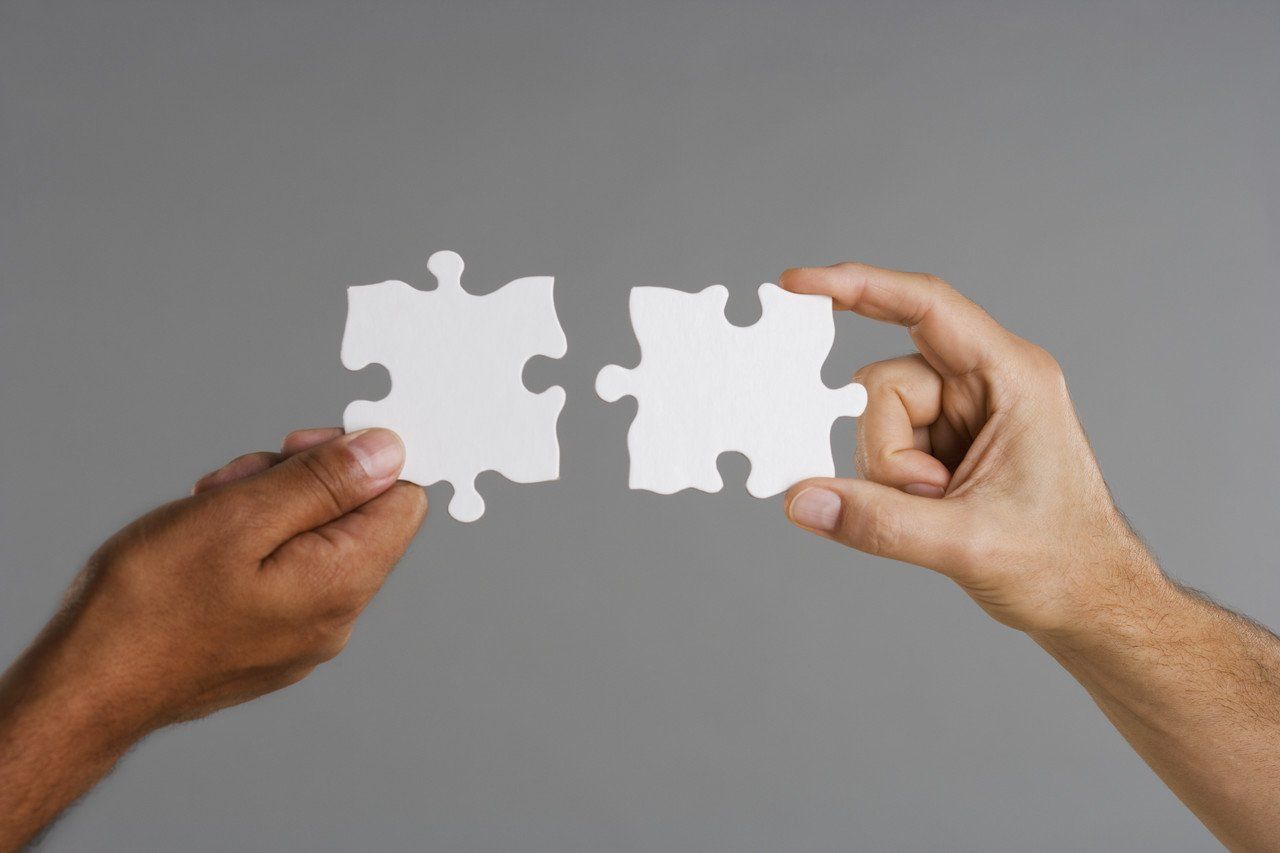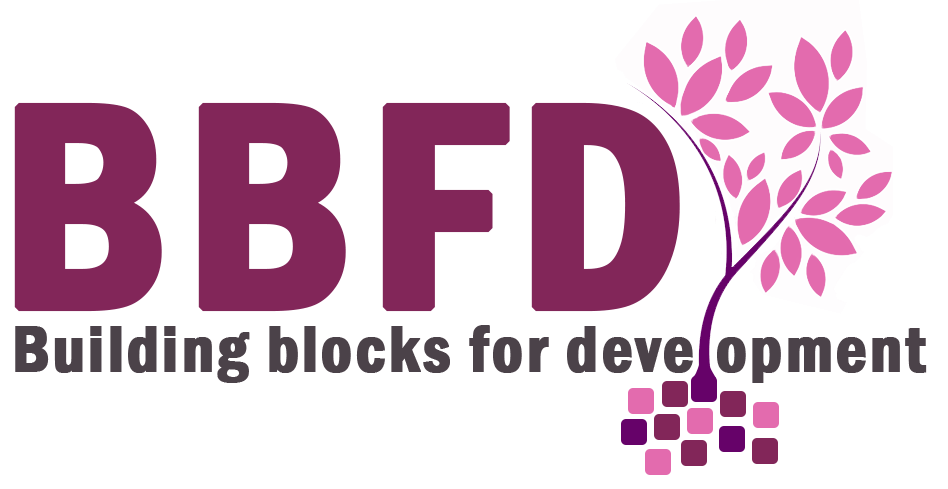Awakening from a comfortable dreamy haze
Race, Power and Privilege Action Learning Sets

The Race, Power and Privilege Action Learning Set invites you to awaken or re-awaken your engagement with anti-racism and to define and be part of change.
What is the comfortable dreamy haze ?
Recent important historic events including the rise of the BLM movement, #Me Too, #Charity So White, climate crisis, and the global pandemic have highlighted inequality and injustice in a way that is hard for me to ignore. After an initial spark of activity, organisations are again resting on their laurels becoming complacent. It is clear from the reports into racism in organisations including Action Aid UK, Oxfam, UNICEF UK, Médecins Sans Frontieres, and media reports of racism in UK football, cricket, and the Metropolitan Police amongst others, that much more work needs to be done.
Young people have been at the forefront, leading the way in speaking up and taking actions to create change towards a fairer and more equitable world.
The activism of children and young people caused me to wonder where was my generation: Gen X, where were we? After an activist youth, I had grown up and slipped into a comfortable dreamy haze, a complacency, where life was easy, I observed injustice and inequality, I spoke up but did so without real thought. I was now becoming alive again, I was alert to a fizzy feeling within me, a re-awakening, and a consciousness of the power that I have to create changes, to transfer power, and to use the power that I have well. I felt like I had been sleeping and the events of the past two years have jerked me awake again. How have these events affected you? How can we join together?
Why awaken from the comfortable dreamy haze ?
The action learning sets can jerk you awake again too. They are not always cosy spaces; they require us to acknowledge racism and become alert to the intersecting power and privileges that we carry throughout our lives. We need courage to see life as others do as we listen to stories that our identities may have previously shielded us from. In hearing these stories, we become conscious of realities and are lifted from the comfortable dreamy haze. We can make choices and commit to using the power that we hold for good.
The complacency of the comfortable dreamy haze contrasts with the courageous space created in the action learning sets. The sets create the space to be vulnerable. They seek to builds the confidence needed to become courageous. To be safe, the group starts by defining what must be in place for them to trust, to feel open and brave. Join us.
Why Race, Power and Privilege ?
The action learning sets focus on Race, Power and Privilege. This is where the stories start. Equity, Diversity, Inclusion, Justice and Belonging have become buzz words and phrases. Over the past couple of weeks, I have been asked for definitions of diversity and inclusion and feminist leadership. The asking again jolted me into an awareness that these are words that have lost their true meaning to me and others. They have become shrouded in a comfortable dreamy haze.
I love that Equity, Diversity, Inclusion, Justice and Belonging bring the whole me together: the intersecting identities of race, gender and sexual identities, class, ethnicity, ability, religion, and the other myriad of identities that create the whole. I worry that this allows a comfortable dreamy haze to descend on those conversation which may be most difficult, and, in my experience, these are often around Race. So, the action learning sets put Race front and centre and give permission to be enquiring of yourself and others.
There is no judgement. The late Maya Angelou said, “I did then what I knew how to do. Now that I know better, I do better”. Join us in seeking to know better and do better.
The process
Traditional action learning set have a formal structure. The sets are closed groups of 5-6 members who meet monthly. Each month one member is the focus of attention. The facilitator guides the groups through the steps of the action learning set. Would you like to join us?
Each set follows the same structure: being welcomed to the group, checking in, one person is listened to whilst they present their story. The listeners then invite the story-teller to respond to questions intended to provide opportunities to reflect and identify ways to use their power and to take steps in the direction of their choice towards a more racially just world.
The action learning set invites you to listen, to tell your stories, define your narratives, to be vulnerable as you share emerging questions, doubts and ideas, bring to life re-emerging memories and explore our identities as the core of who we are. The group is trusted to listen and ask questions that stimulate further learning and insights. With this new awareness we know better and can become enthusiastic to do better, do more or do less, and in doing so, we can regain our power and be conscious to use it well.
The structure provides comfort. We know what will happen and can be ready for it. The routine provides a rhythm and keeps the group moving forward like a stream trickling towards the sea. There is the certainty of the direction of travel. Like the stream, the group is always travelling, always moving towards freedom and openness of the sea. No two journeys are alike, the water dances in the sunlight, bounces over boulders, and provides life to plants, animals and insects. The action learning set offers flexibility of movement and pace, enabling the presenter the freedom to journey towards a destination which may be as yet unknown. There are no ‘right’ answers, we are all explorers.
Emerging from the comfortable dreamy haze
Action learnings sets have stimulated personal growth. Set members have described the value of being listened to, having your testimony, confusion, pain and doubts acknowledged, and changes celebrated. There is a power in listening to others, the skills of listening and questioning are developed. Set members have found confidence and lost the silencing fear of getting it ‘wrong’, saying the ‘wrong’ thing. They have stopped being afraid of being themselves.
Actions
It is important to be heard and give testimony to others and to experience personal growth. Ultimately change occurs not just through being heard or reflecting but through actions. The following are some of the ways past members have used their power and privilege to be anti-racist:
• Lead organisational change- diversification of colleagues, governance and leadership roles, re-setting the organisational strategy to support the changes needed to enable diversification.
• Consideration of our roles in the workplace, should someone from a non-dominant group do this work. Are racist or colonial attitudes being perpetuated or new and fairer approaches?
• Amplification of voices of colleagues from the global south and advocating with and for these voices to be held.
• Role model anti-racist behaviours.
• Being individually responsible and accountable, being brave to engage with discussions and reflections with colleagues, being open to challenge and change.
Joining
“When we define ourselves, when I define myself, the place in which I am like you and the place in which I am not like you, I'm not excluding you from the joining - I'm broadening the joining.” Audre Lorde, Sister Outsider, The Crossing Press, 12th Ed, 1998
Anyone can join and the groups are enriched by the diversity of identities and experiences.
Join a Race, Power and Privilege Action Learning Set.




